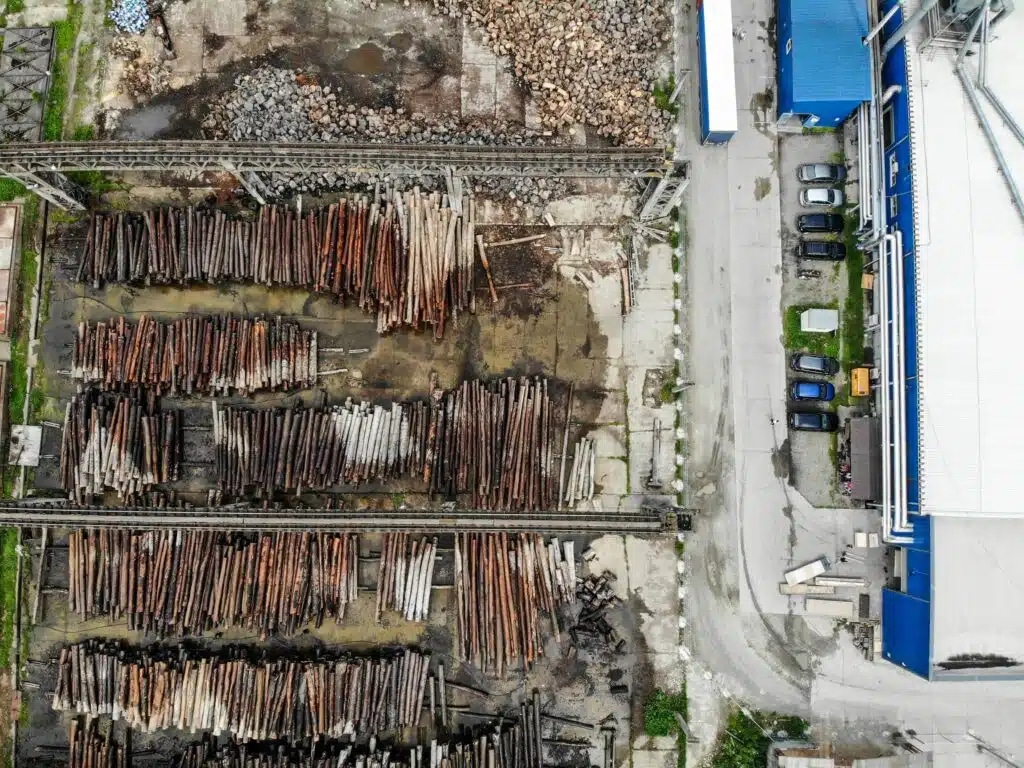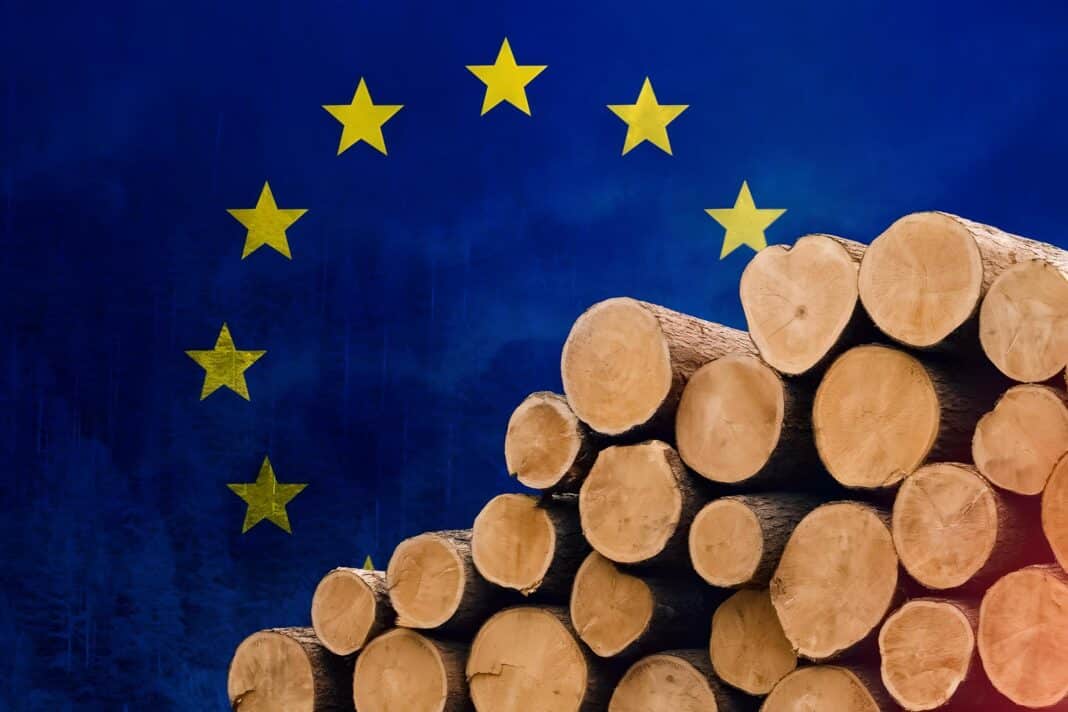The European Commission will now push to delay the EUDR by 12 months, following mounting calls by global governments – including the United States, China and India – to delay the world’s most ambitious deforestation regulation.
If approved by the European Parliament and the Council, the law will take effect on 30 December 2025 for large companies and 30 June 2026 for micro- and small enterprises – publishing updated guidance to help stakeholders navigate changes to the regulations.
The decision comes just days after EU trade officials reiterated that the current deadlines would be honoured during WTO negotiations, citing a “commitment to legal certainty.” That is, despite WTO Director-General Ngozi Okonjo-Iweala and German Chancellor Olaf Scholz pressuring Ursula von der Leyen, the European Commission’s president (and former German Finance Minister), to retract her commitment to the EUDR.
“Ursula von der Leyen might as well have wielded the chainsaw herself,” Greenpeace said. “People in Europe don’t want deforestation products, but that’s what this will give them.”
According to the WWF—which published research last year showing that the EU was the second largest consumer market for deforested products—the new delay casts doubt on the Commission’s commitment to delivering on the EU’s Green Deal. Meanwhile, Fern and Earthsight—which both specialise in uncovering environmental and social crimes—urged the Commission to strengthen rather than weaken its resolve to make the law a reality.

In response, Manfred Weber, president of the centre-right European People’s Party (EPP), immediately took credit for rolling back the regulation—described by Peter Liese, EPP’s spokesperson on environmental issues —as a “bureaucratic monster” run by “the greens, socialists, leftists and…French Liberals.”
“I am pleased that [Commission President] Ursula von der Leyen has followed my initiative,” he said in a statement on X, with Mr Weber’s stance firming after the EU’s June elections saw several green-friendly groups lose ground at the polls.
“Together with our farmers, we are protecting the environment & avoiding a bureaucratic monster,” Weber said of the EUDR. With the delays foreshadowed after industry, EU member states and the bloc’s trading partners balked at the complexity of tracing and excluding products sourced from damaged forests.

Wood Central has reported that governments, particularly in developing countries, have complained that the EU is imposing its values and laws on their domestic industry—especially as the deforestation law came in tandem with a carbon border tariff that the EU plans to place on heavy industrial imports like cement, iron, and steel.
In a statement, the Commission acknowledged that “several global partners have repeatedly expressed concerns about their state of preparedness” and that European companies’ preparation was “also uneven.”
What are the key changes now expected?
In conjunction with the delay, the European Commission’s additional guidance clarifies key terms, including “forest degradation” and “operator,” provides updates on traceability obligations and penalties, and offers practical scenarios to help businesses navigate compliance.
The Commission will also introduce a country benchmarking system to classify countries as low, standard, or high risk. This system will help streamline operators’ due diligence processes. Most countries are expected to be classified as low risk, allowing efforts to focus on areas where deforestation is most severe.
In addition, the Commission is enhancing international cooperation to support a just and inclusive transition to deforestation-free supply chains, particularly in countries where the regulation could have far-reaching economic impacts. New training, support tools, and an IT system for due diligence statements are set to be launched by the end of the year.
How the EUDR will work
- The regulation will assign regions within countries inside and outside the EU a low, standard, or high-risk level associated with deforestation and forest degradation.
- This risk classification will guide the obligations of various operators and the authorities in member states to perform inspections and controls. Consequently, this will streamline monitoring for high-risk regions and simplify due diligence processes for low-risk regions.
- Authorities responsible for these areas must inspect 9% of operators and traders dealing with products from high-risk regions, 3% from standard-risk areas, and 1% from low-risk regions. This inspection aims to confirm whether they are effectively meeting the obligations stipulated by the regulation.
- Further, these competent authorities will inspect 9% of relevant goods and products either placed on their market, made available, or exported by high-risk regions.
- Lastly, the EU plans to enhance its cooperation with partner countries, focusing primarily on high-risk areas.
For more information on EUDR and its impact on global furniture supply chains, visit Wood Central’s special feature on EUDR and its implications for the European supply chain for timber-based furniture products.






